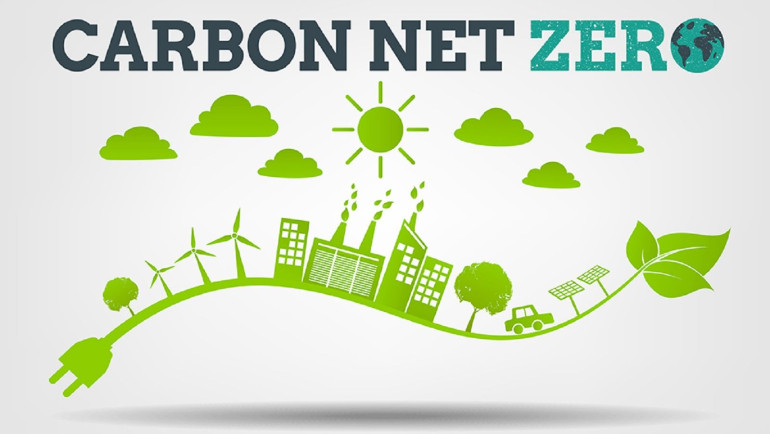
Follow India Renewable Energy News on WhatsApp for exclusive updates on clean energy news and insights
India and Australia Strengthen Renewable Energy Partnership to Drive Emission Reduction and Clean Power Growth
Oct 17, 2025
India and Australia are deepening cooperation in renewable energy, focusing on solar power, green hydrogen, and workforce development as both nations accelerate their transition to non-fossil fuel energy sources. This collaboration is anchored under the India–Australia Renewable Energy Partnership, signed in 2024, which aims to create resilient and self-reliant clean-energy supply chains while aligning industrial strategies with renewable power goals to stimulate investment and generate employment.
Australian Minister for Climate Change and Energy, Chris Bowen, emphasized that the partnership offers opportunities to unlock new supply chains, support energy transitions, and foster economic growth. He highlighted solar photovoltaic (PV) modules and hydrogen technologies as critical components of the renewable energy agenda.
Australia, a global leader in rooftop solar deployment, brings considerable expertise to India’s renewable sector. With one in three Australian homes already equipped with solar panels and more than 400,000 home batteries in use, Australia is well-positioned to support India’s ambitious solar expansion. India, in turn, is targeting 500 GW of non-fossil fuel power by 2030, including 280 GW from solar energy. The country’s domestic rooftop solar program aims to incentivize solar installations for 10 million households, with one million homes already powered by solar as of March 2025.
Green hydrogen is another key focus of the partnership. Australia’s capabilities in renewable hydrogen are expected to complement India’s National Green Hydrogen Mission, which aims to position India as a global hub, producing five million tonnes of green hydrogen annually by 2030. Australia is investing in hydrogen projects such as a 50 MW electrolyser at Orica’s facility in Newcastle, expected to generate 4,700 tonnes of green hydrogen each year.
Workforce development is also a major component of the partnership. The upcoming Australia–India Rooftop Solar Training Academy at Pandit Deendayal Energy University (PDEU) in Gujarat will train Indian youth in solar installation and maintenance using Australian expertise and curriculum. This initiative is expected to create a skilled workforce to support India’s expanding rooftop solar market.
On the global stage, Australia reaffirmed its commitment to climate leadership by bidding to host COP31 alongside Pacific nations, while India aspires to host COP33. Bowen emphasized that addressing climate and energy challenges requires international cooperation, built on trust, respect, knowledge, and welfare.
Through this strengthened partnership, India and Australia aim to expand clean energy capacity, advance emission reduction, and build a sustainable industrial and workforce ecosystem to drive long-term economic and environmental benefits.